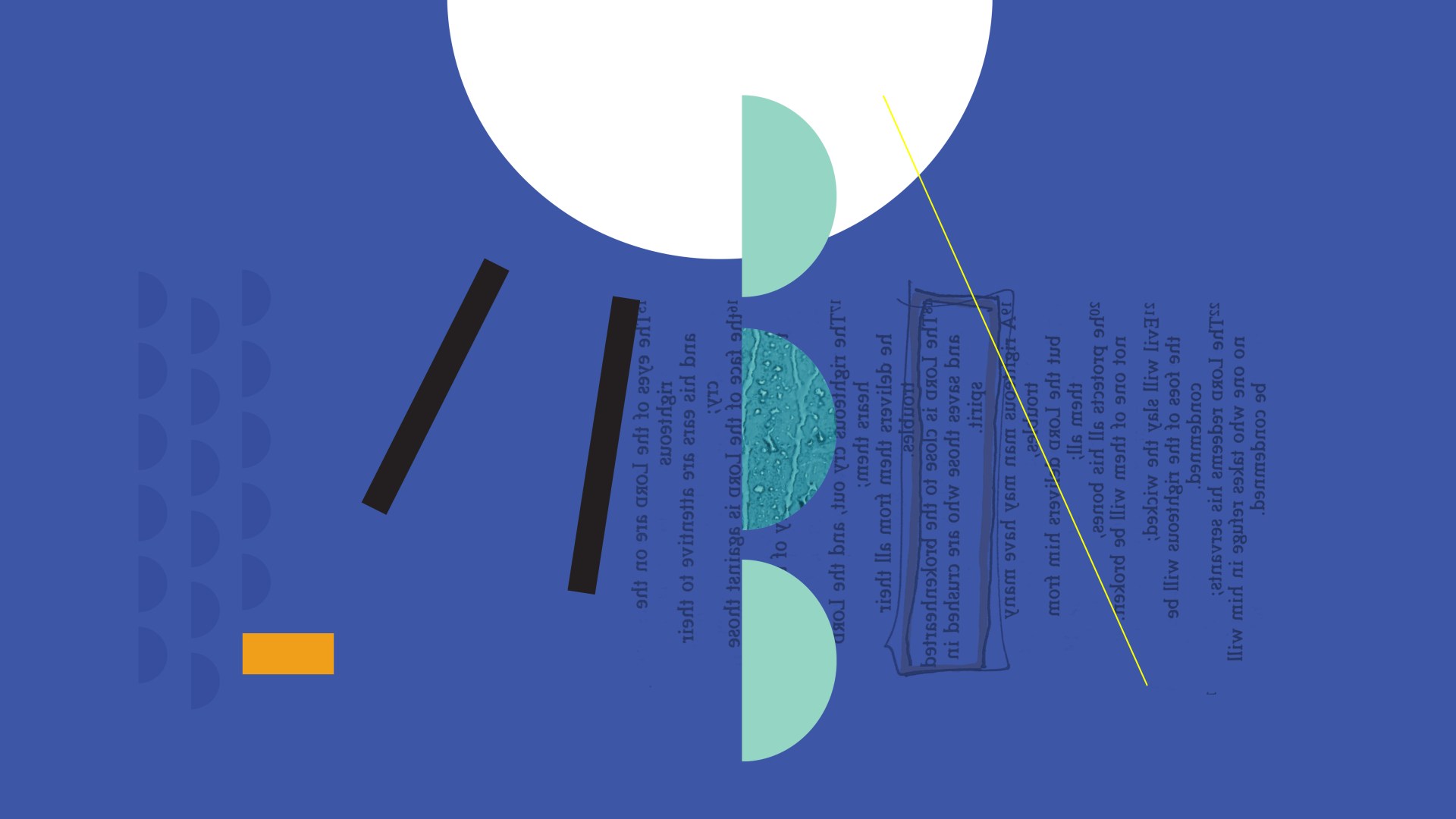I woke up one morning, like normal, to prepare breakfast for our familia. After breakfast, my copastor and husband, Rudy, offered to take our girls to school. I hugged and kissed them goodbye, then headed to the bathroom to finish applying my makeup. But as I put on my mascara, a sudden tidal wave of feelings flooded my body—a cross between dread and nausea—and almost knocked me off my feet.
I called our church secretary to tell her that I wasn’t feeling well and would come in around noon. But then, as though I was having an out-of-body experience, I saw myself hit redial. I mumbled, “I’m not coming in. I’m not coming back. I’m going to take a sabbatical or something, maybe a medical leave.” Then I hung up the phone, crawled into bed, and proceeded to have what my grandmother surely would have called a nervous breakdown.
I slept 18 to 20 hours a day for weeks and only awoke out of necessity; even with all that sleep, I still felt exhausted. After a week or so, my husband said, “Baby, I think you need to see a doctor.” So I made an appointment to see a psychiatrist. At the end of our first visit, she gave me a prescription and a diagnosis: “major depressive episode.” Then she said the dreaded words: “In six weeks, you should begin to notice changes for the better.” Six weeks? Oh God, can I live like this for another six weeks?
When everything fell apart in my life, I had to learn for the first time how to be—with myself and with God. The tools and spiritual practices that I’d always leaned on, like corporate worship, fasting, and prayer, were, in that state of mind, totally inaccessible to me. I’d always enjoyed studying the Bible and used to do so for hours, but now I simply couldn’t focus. I couldn’t comprehend the words and I felt too exhausted to even try. Being a pastor made it no easier.
Well-meaning people often said things to my family like “Tell her to read the Word.” I longed for the comfort, wisdom, and insight that the Scripture had always offered me, but in that deep darkness, I wasn’t capable of reading it—the words meant nothing to me.
Then, about six weeks into therapy, God spoke to me: I’ll give you the treasures out of the darkness. That word from God gave me enormous hope. I didn’t feel any different physically—no chills or feelings of love flowed through me. But that word spoke into the depths of my being and became a lifeline for me. I felt as though God was present with me. I began to feel comfort after weeks of disorientation. When I felt discouraged by the formidable sense of being adrift, it was that word that gave me an anchor through the darkness and despair. God’s word spoken that day was now hidden in my heart.
So I took God at his word. Nothing changed in any substantial way; I remained lethargic and physically and mentally depleted for months on end—but now I had an assignment. I was lucid enough to know that if there was treasure to be found, then I would need to live to mine it, to claim it as my own.
As I slowly began to gain more energy, I decided to visit other churches and attend small retreats where I could simply be present without having the responsibilities of a leader. I went with no expectations—I just knew I wanted to be where the Scriptures were being read and meditated on. Those moments became part of my recovery. They gave my heart a quiet place to rest.
I took baby steps and gradually became stronger. Within a year, I was able to read again. I started slowly by resuming my daily devotional. My long time away from the Word made returning to it sweeter than ever. Now, in addition to medication and therapy, I could count on the presence of God’s Word as a true friend and guide.
As I gradually returned to Scripture, I discovered that the lifeline God had given me—I’ll give you the treasures out of the darkness—echoes a passage of God’s Word: Isaiah 45:3. This wellspring of life in my dark trial transformed my thinking as I sat with it and with other bits of Scripture passages, listening in my heart for the messages that were gradually nourishing me, like the ravens feeding Elijah (1 Kings 17:6).
During this time, I began to revisit a spiritual practice I had learned about before but had never fully experienced: lectio divina, an ancient practice of reading and contemplating Scripture. This practice was truly like mining for treasure.
I revisited the truth that embracing even small portions of Scripture can help us see what God sees; it can cultivate within us courage, patience, wisdom, and love to respond to life’s difficulties, tragedies, and even celebrations in ways that promote the kingdom of God. During that season, the Word was marinating in me—over time, it was changing the structure of my being; my ways of believing, thinking, feeling, and doing; and ultimately the way I would show up in the world as a believer after the devastation.
But let me be clear: It took time. The long periods of silence and solitude I experienced, though painful, created space for God to speak to me and for me to hear God speak.
Thankfully that period in my life has come and gone, but the one thing I can tell you for certain is that God’s Word—now that I can read again—remains a constant source of joy, hope, wisdom, comfort, and outright love for me. Since my recovery, my most fond approach to the Word today continues to be lectio divina. This practice helps me cultivate an ear to hear the heart of God, much like the day God spoke so clearly to me. This way of reading Scripture actually reads me in the light of God’s love.
The darkness of depression became the gateway to many treasures in my life. One of the most lasting is my renewed and enduring love for the Word of God.
Juanita Campbell Rasmus is the author of Learning to Be: Finding Your Center After the Bottom Falls Out. A spiritual director and member of the Renovaré ministry team, she copastors the St. John's United Methodist Church in downtown Houston with her husband, Rudy.

This article is part of “Why Women Love the Bible,” CT’s special issue spotlighting women’s voices on the topic of Scripture engagement. You can download a free pdf of the issue or order print copies for yourself at MoreCT.com/special-issue.













